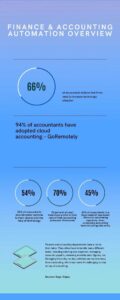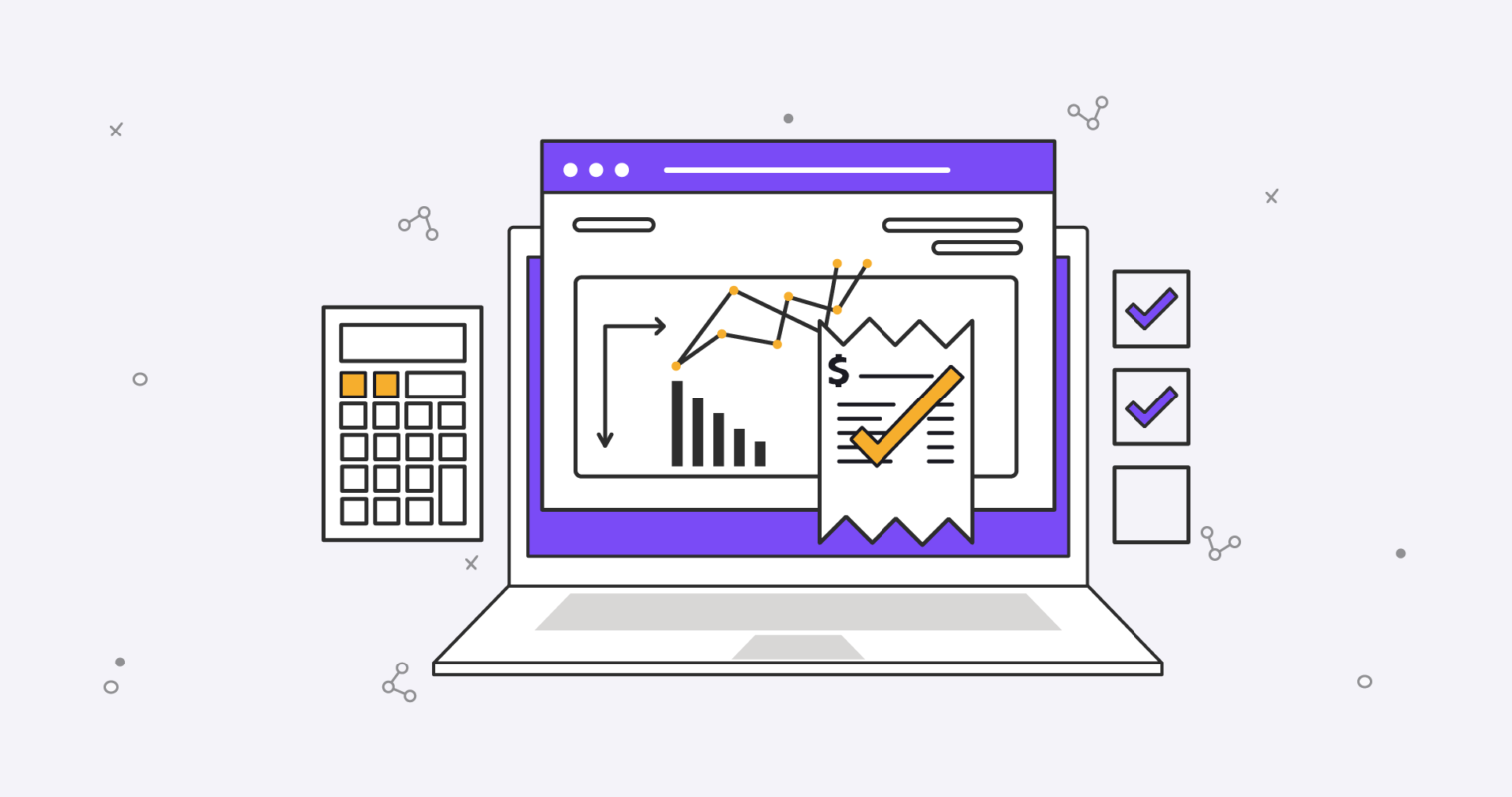Table of contents:
- What is the Essence of Workflow Automation, and Why is There a Need for Automation?
- Fundamental Processes in the Finance and Accounting Functions That Need to Be Automated
- Why is Automating the Finance and Accounting Processes So Important?
- What Technologies are Used in Finance and Accounting Automation?
- What Procedures Can Be Automated with Pipedrive?
- How to Implement Financial Process Automation with Pipedrive?
- How Can Automaly Help with Automating the Finance and Accounting Workflows?
- Final Thoughts
Are you responsible for managing your company’s accounting and finance activities? If so, you probably know how demanding it can be to take care of all the day-to-day activities. Besides, juggling so many different tasks with ridiculously limited time can feel overwhelming, especially if you’re also in charge of other responsibilities.
Fortunately, there are several software solutions that can help automate some of these processes and make them much simpler to manage. Before we dive any deeper, here’s a brief overview of automation in finance and accounting:

- Over two-thirds of accountants believe that firms need to increase technology adoption
- 54% of accountants provide faster services to their clients with the help of technology
- 70% of small businesses prefer to take care of their accounting processes themselves
- 45% of respondents in a Sage research expressed interest in automating repetitive, time-consuming accounting tasks, including data entry.
This blog post’ll explain why automated workflows benefit accounting and financial teams. Then, we’ll describe some ways you can use Pipedrive workflow automation to streamline your accounting processes at your company.
What is the Essence of Workflow Automation, and Why is There a Need for Automation?
The finance and accounting departments have a lot on their table. They often have to handle many tasks, including entering new expenses, managing accounts payable, reviewing monthly sales figures, etc. Managing these day-to-day activities can be extremely time-consuming, which can make it challenging to stay on top of everything.
Obviously, it’s important to find ways to simplify all these activities and make them less time-consuming. Automating accounting workflows and finance activities with platforms like Pipedrive CRM can help you free up more time for your finance and accounting departments and streamline your business activities (more on that later).
So, what is Pipedrive workflow automation, and why is there a need for automating accounting workflows and finance activities?
Workflow automation is using software to automate tasks, such as approvals, data entry, and other business processes. The workflow is initiated by an event, such as receiving a new expense report or a new invoice from a client.
Automating accounting workflows can help your company’s accounting and finance teams in many different ways, as follows:
- It helps the teams manage a higher volume of data – An automated system collects, organizes, processes, and stores more data more efficiently than a manual worker.
- Precision and accuracy – Automated systems capture the right data into their correct fields, which minimizes the chances of manual errors.
- Personalized service delivery – Automated workflows are tuned to the needs of specific clients with specific finance and accounting needs.
This means you can create a workflow unique to your company’s accounting procedures and priorities.
Fundamental Processes in the Finance and Accounting Functions That Need to Be Automated
Automating manual tasks can be challenging for finance and accounting departments. Due to data breaches and insecurity, these departments are known for their many manual tasks and general “resistance” toward digitization. Despite this, several key functions can benefit from finance workflow automation.
Automatic Tasks for Your Accounting Processes
The accounting team at your firm can benefit greatly from automated workflows on several manual tasks, such as:
- Retrieving past expenses
- Recording new purchases
- Recording new sales
- Recording new invoices from clients
- Recording new payments from clients
- Recording journal entries
- Reversing journal entries
For example, you can automate the flow of new expenses by prompting team members to enter a client’s expense data into your accounting automation system. The system tracks and records other future expense information and clarifies how well they fit into your firm.
Automatic Tasks for Financial Activities
The financial team at your company can also benefit greatly from finance workflow automation with Pipedrive. Tasks that can be automated include:
- Recording new bank deposits
- Recording payments to vendors
- Invoicing and budgeting
- Fraud detection and mitigation
Why is Automating the Finance and Accounting Processes So Important?
Businesses in the digital age are more data-driven than ever before. This can be attributed to the need to save time and money, reduce labor costs and increase productivity. Automating accounting workflows helps reduce manual errors, streamline operations, and ultimately help you save money by reducing spending on bookkeeping.
That said, here’s why accounting and finance workflow automation is important:
- Boosting operational efficiency – If you’ve ever tried to manually track your finances, you know it can be tedious and time-consuming. Your financial records could be out of date, which can make it difficult to make financial decisions. Automating accounting workflows allows you to view accurate financial data at any time.
- Reduce manual errors – Manual errors can occur at any point in the financial process, from recording transactions to preparing financial reports. If you manually record your financial data, you run the risk of entering incorrect numbers. This can lead to incorrect financial reports and make it difficult to identify risk areas, such as an overspending customer or an overdue payment. Automating accounting workflows and finance processes cuts the chances of manual errors occurring.
- Streamline operations – Organizations that automate their finances are able to streamline operations by eliminating paper-based procedures. For example, instead of manually entering transaction data into a spreadsheet, you can use software that automatically pulls data from your accounting system and imports it into a dashboard for analysis. This lets you view a snapshot of your business’s financial health and makes it easy to see if anything out of the ordinary is happening.
- Provide financial data for decision making — Managing your finances manually can be difficult, especially if you’re new to finance workflow automation or don’t have the time and resources to dedicate to the process. This can make it challenging to make key financial decisions, such as extending additional credit terms to a customer or how much to pay a vendor. Automating accounting workflows and finance processes allows you to record and view accurate financial data anytime for more informed financial decisions.
- Save money on external bookkeeping services – Automating accounting workflows and finance processes can save you money on expensive accounting services. Bookkeeping is an expensive process for small and startup businesses. The good news is that automating large chunks of the job can help eliminate the need for an expensive accountant.

